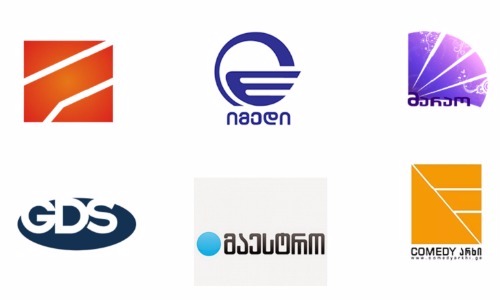
Recently, TV-Companies Rustavi 2, Imedi, Maestro, GDS, Comedy Channel and Marao actively recommend their audience to purchase Set-top-boxes to watch their channels; the persons associated with the mentioned TV-Companies are interested in the realization of the devices. Consequently, it is clear why the TV-Companies were never interested to reach any agreement with the cable operators and all proposals of the operators were rejected by them. It is also noteworthy that ratings of the mentioned TV-Companies are falling day-by-day (see https://bpn.ge/finansebi/40019-top-10-televiziidan-umetesobas-mayurebeli-sheumcirda-palitraniuss-da-tv-pirvels-ki-mkvethri-zrda-aqvth.html?lang=ka-GE ), that is most probably connected with increased interest of the audience to foreign content offered by cable networks and placing the mentioned TV-Companies in the same package turned up successful for them (see http://gncc.ge/ge/news/press-releases/bolo-erti-wlis-ganmavlobashi-qartuli-arxebis-yurebadoba-mkvetrad-shemcirda.page).
TV-Companies Rustavi 2, Imedi, Maestro, GDS, Comedy Channel and Marao requested additional payments for the transit of their signals. However, they requested the operators to purchase all six channels and did not give free choice to the operators and their subscribers. For example, Rustavi 2 does not allow the operators to transit its channel unless they pay the fee to Imedi TV too. Imedi TV has the same approach - subscribers will not able to watch TV-Imedi unless they pay for Rustavi 2 too. In addition to those channels, there are four low-rating TV-channels in the package. The broadcasters claim fees from all subscribers regardless the fact he/she wants to watch their content or not. The broadcasters request the operators to pay for their signal and advertisements while they themselves pay for free dissemination of their signals via satellite and multiplex systems.
The mentioned TV-Companies permanently try to deceive the audience and incorrectly interpret the essence of legislative amendments, which is discussed by the economic committee of the Parliament of Georgia and purposefully incorrectly represent the international practice. The international practice offers only two business models in the media space - the broadcaster gets income from either advertising and is available for free; or a broadcaster gets income from cable operators and they create special versions to be re-transited via operators networks. As for the realization of the content, it must be said that broadcasters Rustavi 2, Imedi, Maestro, GDS, Comedy Channel and Marao claim the money not for the realization of their content but for the transit of their signal. It is worth to clarify that the realization/sale of the content aims to sell some programs. For example, several programs may be offered to the operators, who have their own broadcasting frequency and sell the programs. In similar situation, they can request payment only for those programs, who themselves own the copyrights. As for the programs, which the broadcasters have purchased from other broadcasters (soap operas, cinemas, shows), they do not have right to sell them. Dissemination of the signal means to re-transit their programs, including advertisements without any changes, that includes those programs on which the broadcasters do not have permission to re-sell to a third person.
In respect to the best interests of subscribers, the authorized persons do not agree with the requirements of the broadcasters, they try to ensure access of all subscribers to different information, maintain current tariffs and protect the society from additional charges for the programs which are available in the channels for free.



